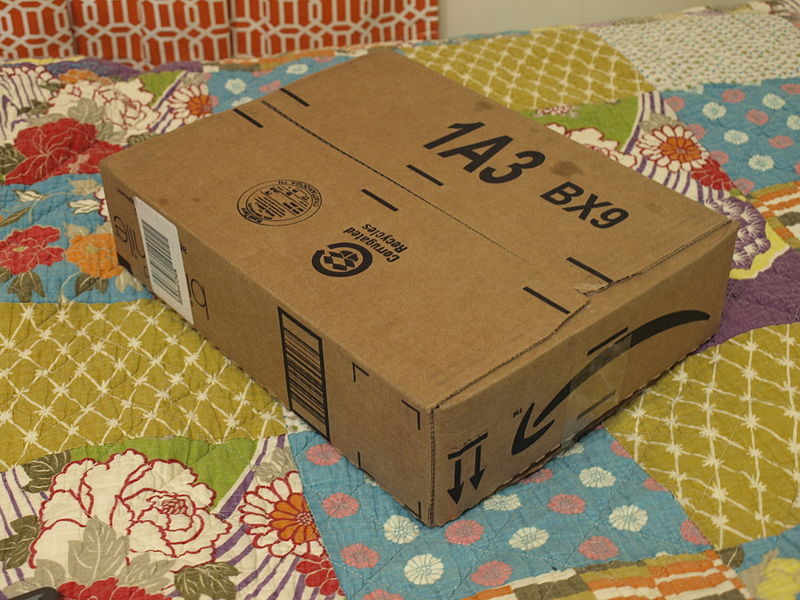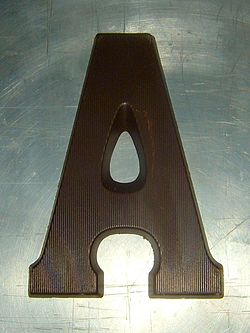 The world has been well and truly caught on the hop by Jeff Bezos’s decision to spend 1% of his personal fortune buying the Washington Post. What does it mean when the founder of Amazon, who once reportedly proclaimed that ‘God did not create the word because they were written on dead trees’ (sic!), begins to show signs of respect for the industry that he appears to be destroying?
The world has been well and truly caught on the hop by Jeff Bezos’s decision to spend 1% of his personal fortune buying the Washington Post. What does it mean when the founder of Amazon, who once reportedly proclaimed that ‘God did not create the word because they were written on dead trees’ (sic!), begins to show signs of respect for the industry that he appears to be destroying?
Commentators have floated many possible explanations, including Bezos’s fondness for wacky experimentation–he also invests in space travel and various other yet-to-be-found causes. But is this really such a difficult conundrum to crack? Let’s speculate that Bezos loves the newspaper and values its extraordinary journalistic achievements (the greatest of which was its exposure of the Watergate scandal). He guesses that the next two or three decades will witness the successful migration of the great papers to the net. He sees that the current crisis in newspaper journalism is a blip, a birthpang rather than a death-knell. And since he has his finger on the digital pulse, he’s prepared to invest.
All of this is good news for the Post and bad news for anyone who still holds a candle for the idea that the web will be a utopian space which rewrites the rules of communication. The rules will surely change in all kinds of ways, but each passing day brings us new signs that established social structures are moving in on the web, which is already (for good and ill) more heavily policed and more thoroughly commodified than any real-world space. We are witnessing the first phases of the process by which this new technology will become everyday and eventually–dare one say it?–boring.

